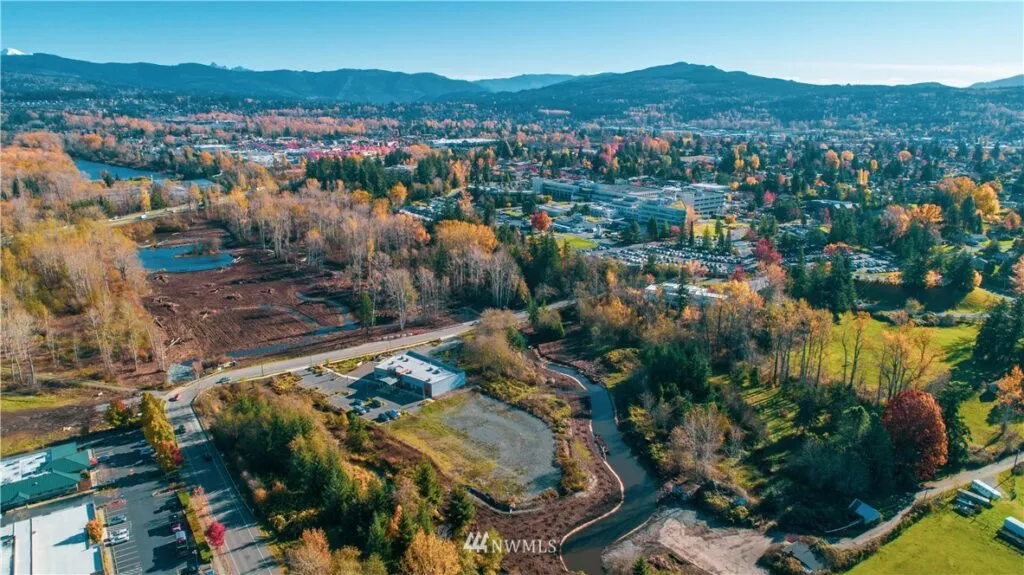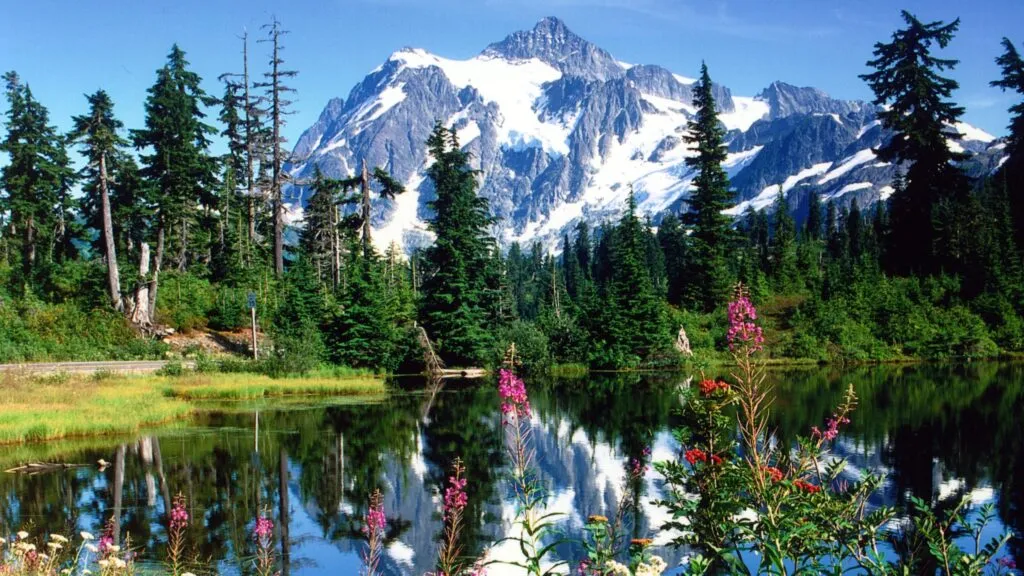Washington, with its pristine natural beauty and vast forests, is an ideal destination for those passionate about exploration and survival skill training. From finding clean water sources to building temporary shelters, learning to survive in a natural environment is not just a useful skill but also a memorable experience. Are you ready to immerse yourself in nature and learn essential survival skills?
Discovering the World of Forest Survival in Washington
Washington is not only famous for Western Washington University but also a paradise for nature enthusiasts and those eager to learn survival skills. Forest survival classes in Washington provide the knowledge and skills necessary to confidently face the challenges that the natural environment presents. Here are the key aspects you need to know to participate in these courses.
Why Join Forest Survival Classes?
Participating in forest survival classes not only equips you with life-saving skills but also offers many other benefits:
- Confidence in facing challenges: You will learn how to respond to emergency situations, from finding food and water to building safe shelters.
- Connection with nature: These classes help you better understand the natural environment and how to interact with it sustainably.
- Development of teamwork skills: Many survival courses require effective cooperation and communication among members.
- Improved physical and mental health: Outdoor activities help improve cardiovascular health, reduce stress, and enhance focus.
- Fun and memorable experiences: Participating in survival classes is an opportunity to challenge yourself and create unforgettable memories.
Basic Survival Skills Taught in Classes
Forest survival classes in Washington typically focus on the following basic skills:
- Finding and Filtering Water:
- Identifying water sources: Learn to recognize natural water sources such as rivers, streams, lakes, and rainwater.
- Filtering water: Use simple water filtration methods like boiling, filtering through cloth, charcoal, or using specialized water filters.
- Collecting rainwater: Build rainwater harvesting systems using tarps or other natural materials.

-
Building Shelter:
- Choosing a location: Find a safe, dry location, sheltered from the wind, and with enough materials for building.
- Using natural materials: Utilize branches, leaves, mud, and other materials to create temporary shelters.
- Types of shelters: Learn how to build A-frame shelters, lean-to shelters, debris huts, or use natural caves.
-
Finding Food:
- Identifying edible plants: Learn to distinguish safe plants, fruits, and mushrooms to eat.
- Hunting small animals: Use traps or simple hunting techniques to catch small animals such as insects, fish, or birds.
- Checking food safety: Ensure the food you find is not contaminated or toxic.
-
Making Fire:
- Collecting materials: Find flammable materials such as dry bark, dry leaves, dry grass, and small branches.
- Using flint and steel: Learn how to create sparks and ignite tinder.
- Maintaining fire: Keep the fire burning continuously by providing enough oxygen and fuel.

-
Orientation and Navigation:
- Using maps and compasses: Learn how to read topographic maps and use a compass to determine direction.
- Orienting by the sun and stars: Use the position of the sun and constellations to find your way.
- Using natural signs: Observe terrain, stream flow, and wind direction to determine your location.
-
Basic First Aid:
- Treating wounds: Clean and bandage cuts, scrapes, and burns.
- Immobilizing fractures: Use splints and bandages to immobilize fractures or sprains.
- Preventing and treating hypothermia: Stay warm and avoid exposure to cold environments.
Locations for Forest Survival Classes in Washington
Washington has many wonderful natural areas for hosting forest survival classes. Here are some popular locations:
- Olympic National Park: With rainforests, high mountains, and wild coastlines, Olympic National Park is an ideal location to learn survival skills in a diverse environment.
- Mount Baker-Snoqualmie National Forest: This national forest has many lakes, rivers, and mountains, providing opportunities for survival activities related to water and mountainous terrain.
- Gifford Pinchot National Forest: With its vast area and biodiversity, Gifford Pinchot National Forest is a great place to learn how to find food and build shelter.
- North Cascades National Park: This area has many glaciers, high mountains, and dense forests, suitable for those who want to challenge themselves in a harsh environment.
How to Choose the Right Survival Class
To choose the right survival class, consider the following factors:
- Personal goals: What specific skills do you want to learn? To what extent do you want to challenge yourself?
- Experience level: What experience do you have with wilderness survival? Do you need a basic or advanced course?
- Time and cost: How much time and budget do you have for the course?
- Reputation of the organizer: Learn about the instructors’ experience and certifications. Read reviews from previous participants.
- Course content: Ensure the course includes the skills you are interested in and aligns with your goals.

What to Prepare for a Forest Survival Class?
Before participating in a survival class, you need to prepare thoroughly to ensure safety and have the best experience:
- Appropriate clothing: Choose comfortable, durable clothing that can protect you from harsh weather and insects.
- Sturdy footwear: Choose hiking boots or mountaineering shoes with good grip and ankle support.
- Backpack: Bring a backpack large enough to carry essentials such as water, snacks, a first aid kit, map, compass, knife, lighter, and flashlight.
- Personal items: Don’t forget to bring sunscreen, insect repellent, hat, sunglasses, and gloves.
- Prepared mind: Prepare yourself mentally to face challenges and difficulties in the natural environment.
Conclusion
Participating in forest survival classes in Washington is a great opportunity to explore natural beauty, train survival skills, and challenge yourself. Research different courses carefully, prepare fully, and get ready for a memorable adventure. With the skills and knowledge you gain, you will be more confident in facing any situation in nature and appreciate the beauty of the world around you.